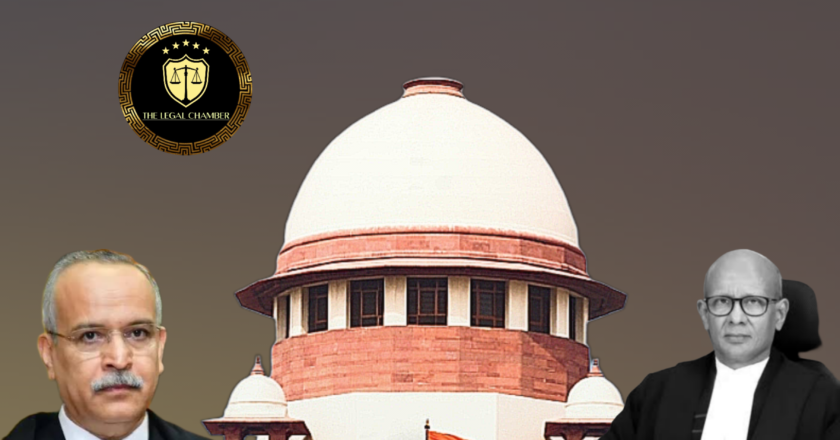Supreme Court Rules :Procedural Lapses Can’t Be A Safe Haven For Rapists
The Supreme Court held that procedural irregularities, such as defective charge framing or improper joint trial under Section 223 CrPC, do not automatically vitiate the proceedings unless a failure of justice is proven. The Court emphasized that minor inconsistencies and procedural lapses should not be elevated to the level of reasonable doubt to acquit an accused, especially in heinous offences, if the core prosecution evidence remains credible and consistent. The conviction was restored as no prejudice was established.
Facts Of The Case:
In 2016, a few months after the Holi festival, the appellant's minor daughter began experiencing health issues. Her deteriorating condition led her mother to take her to a hospital in Ballia, Uttar Pradesh, for treatment. On July 1, 2016, a medic...


